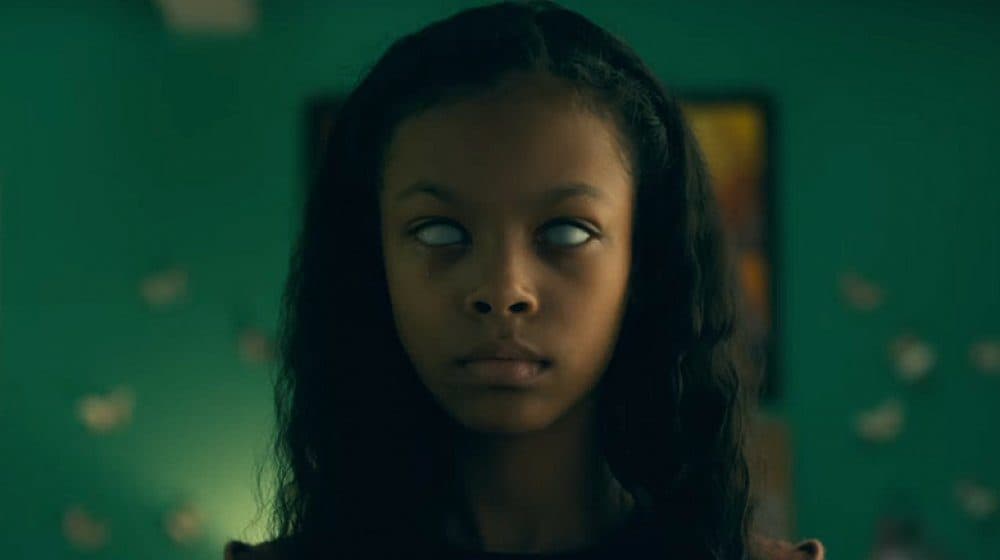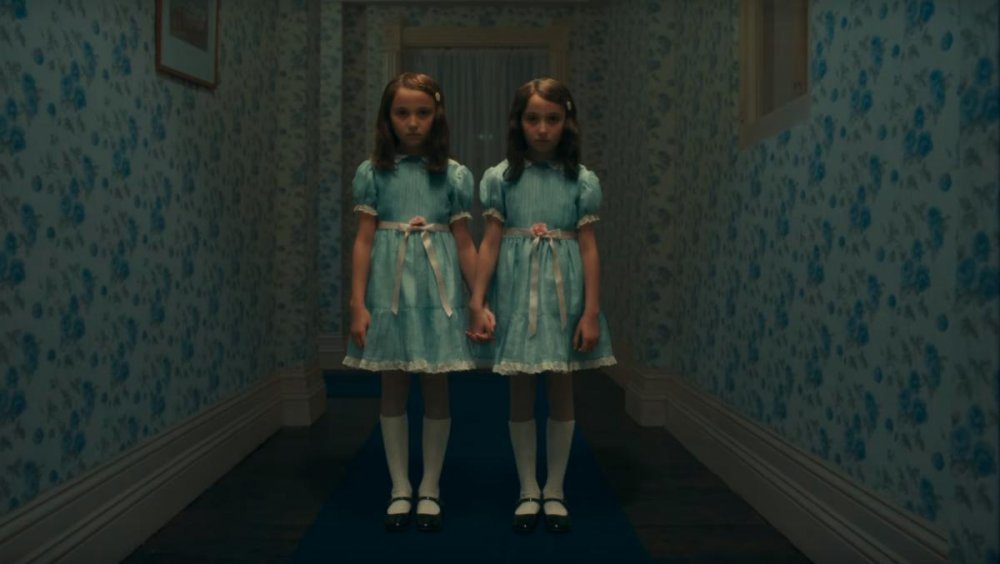Advertisement
Review
'Doctor Sleep': A Drab 'The Shining' Sequel Nobody Needed
In 1984 director Peter Hyams’ “2010: The Year We Make Contact” sought to explain away all the trippy ellipses and abstract interludes that made Stanley Kubrick’s “2001: A Space Odyssey” such an indelible cinematic experience. Based on a novel by Arthur C. Clarke — who sought to clarify the cryptic fashion in which his ideas had been adapted by Kubrick in the previous picture — it’s a sturdy enough sci-fi adventure anchored by fine performances from Roy Scheider, John Lithgow and Helen Mirren. When I was ten years old it was on HBO every day and I remember liking “2010” better than “2001” because it wasn’t nearly as scary or confusing. The film provided pat answers to questions that were meant to linger in our imaginations — which is probably why nobody talks about “2010” anymore while Kubrick’s film remains eternal.
Mike Flanagan’s “Doctor Sleep” is a “2010” for “The Shining,” a doggedly prosaic sequel to a movie that defies understanding. Based on Stephen King’s 2013 novel, "Doctor Sleep" follows the boy in "The Shining," Danny Torrance, (played by Ewan McGregor) as a grown up battling alcoholism and a barely suppressed rage that make him seem a like chip off the old block sometimes, working as an orderly in a small town New Hampshire hospice, using his secret psychic abilities to comfort patients as they pass away. Danny’s still traumatized by that winter when he was five years old and his father Jack went nuts at the Overlook Hotel, chasing the family around with an axe while a roiling collection of demons and ghosts traversed the hallways.
Stephen King is still traumatized by “The Shining” — well, Kubrick’s film version anyway — and has spent the past 39 years trashing it to anybody who will listen. King went so far as to write his own dreadful 1997 television adaptation that actually ended with Jack’s ghost blowing kisses at Danny’s high school graduation.
His novel “Doctor Sleep” was similarly designed as a way to reclaim “The Shining” as the story of an alcoholic father’s eventual redemption. (Kubrick was never a filmmaker much interested in redemption, and in his interpretation, the haunted hotel and demon rum didn’t lead Jack Torrance astray so much as they allowed his true, monstrous nature to flourish. See, he’s always been the caretaker.)
In adapting “Doctor Sleep” and attempting to reconcile Kubrick and King, writer-director Flanagan is stuck trying to serve two masters with diametrically opposed takes on the material and ends up doing a disservice to both. The bulk of the picture is concerned with a cult of ageless psychic predators led by Rebecca Ferguson’s character named Rose the Hat. She delivers a lip-smackingly sinister performance as a sort of evil Stevie Nicks. The crew maintains their immortality by sucking a substance they call “steam” from the dying breaths of clairvoyant kids (a pal pointed out they’re basically vaping souls).
If you’re worried that watching the prolonged, grisly murders of young children isn’t exactly a fun way to spend a Friday night at the movies, you’re not wrong.

His supernatural abilities now unclouded by sobriety, Danny becomes psychic friends with Abra (Kyleigh Curran) a ten-year-old girl whose powers are off the charts, and whose death could provide Rose’s crew with enough steam to keep them young for eternity. He takes it upon himself to become Abra’s mentor and protector, even if that means returning to the now-abandoned Overlook Hotel and confronting the ghost of his father, along with those two creepy little twin girls and the old naked lady from the bathtub in Room 237. (That fellatio guy in the bear suit is conspicuously absent this time around.)
There’s a plodding logic to “Doctor Sleep” and a grounded, workmanlike approach to the material. Flanagan’s a rising star in horror whose sensibility I find a bit on the drab side (he recently helmed an underwhelming adaptation of King’s “Gerald’s Game” for Netflix) but is perhaps ideal for more literal-minded genre fans who haunt Reddit threads and Vox explainers.
This is a movie of rules and explanations, and a lot of time the interplay between Danny and Abra reminded me more of an “X-Men” picture than anything resembling “The Shining.”
Advertisement

When we finally get to the Overlook — two hours into this 152-minute movie — Flanagan attempts to invert the most famous moments of the Kubrick film, going so far as to give Danny a fire axe but instead positioning him as the protector of a young child instead of the aggressor, enlisting the ghosts and demons that haunt these hallways on the side of good. Flanagan even circles back to the boiler room climax of the King’s original 1977 novel, finding a roundabout way to give the author the ending he always wanted in the first place.
Yet this all felt to me so incredibly small and diminishing. The murky, low-contrast digital videography induces nothing like the terror of Kubrick’s crisp, overlit glares while all this endless exposition robs the hotel of its mystery and allure. The original set was an intentional nightmare of discontinuity, with rug patterns that reversed themselves between shots and hallways that extended into physically impossible directions. Flanagan does nothing nearly as adventurous with the space, wandering through a few half-hearted reenactments of your favorite “Shining” scenes and laying on the schmaltz.
I guess we should be relieved that the ending of “Dr. Strangelove” precludes the possibility of a sequel. Although these days you never know.

